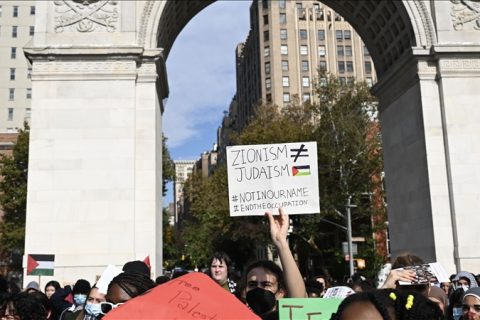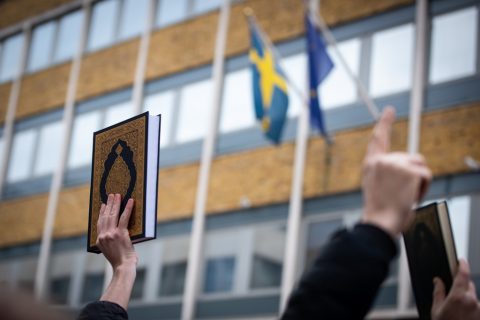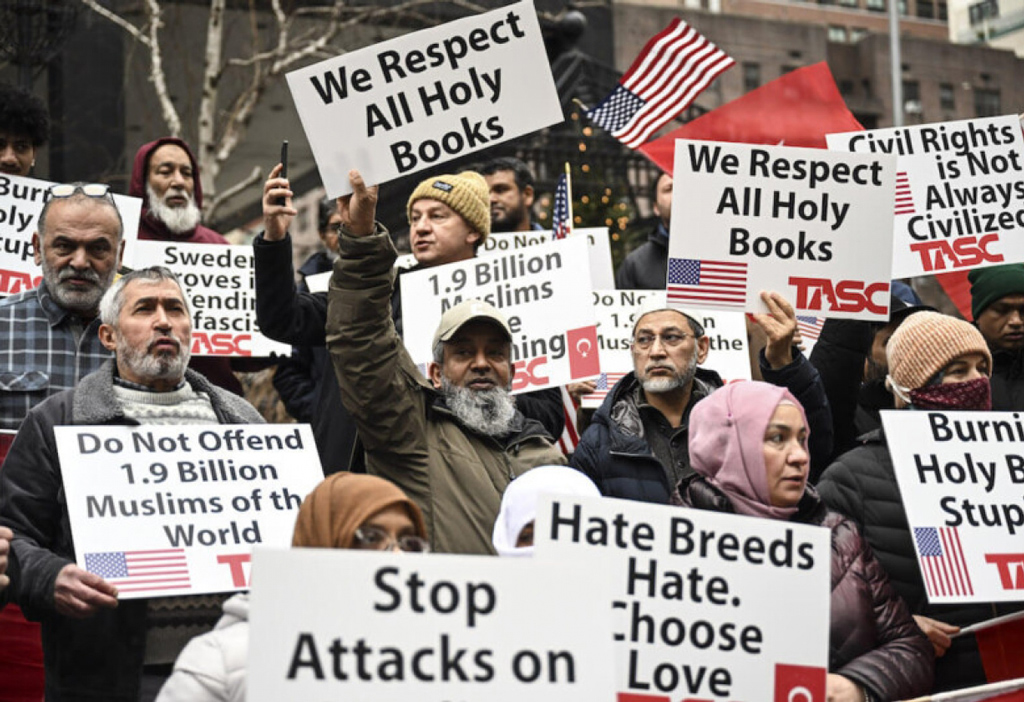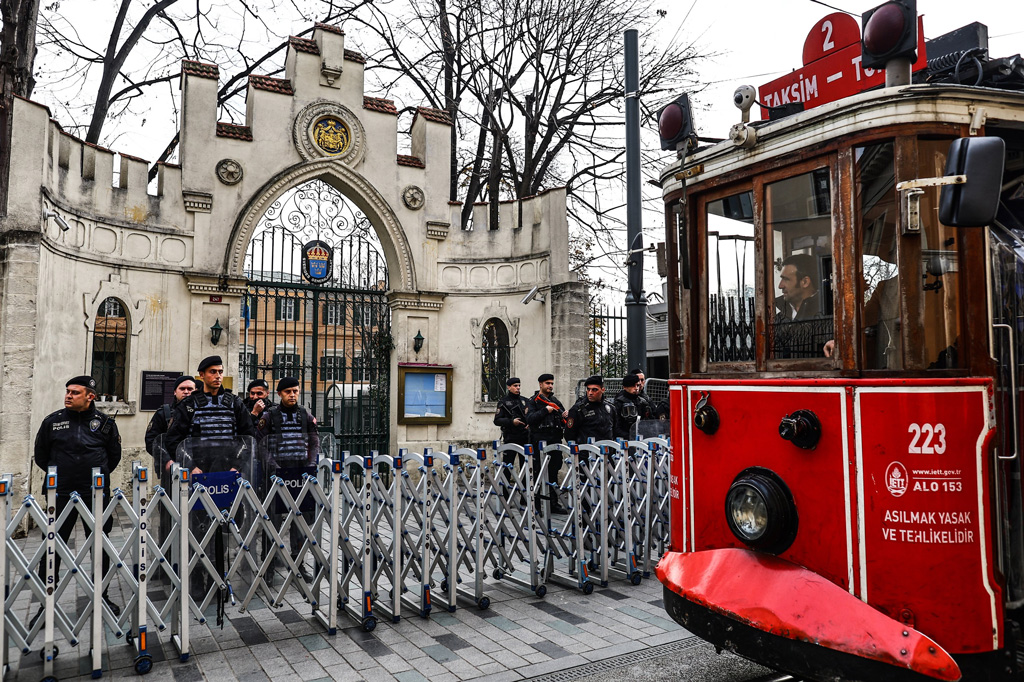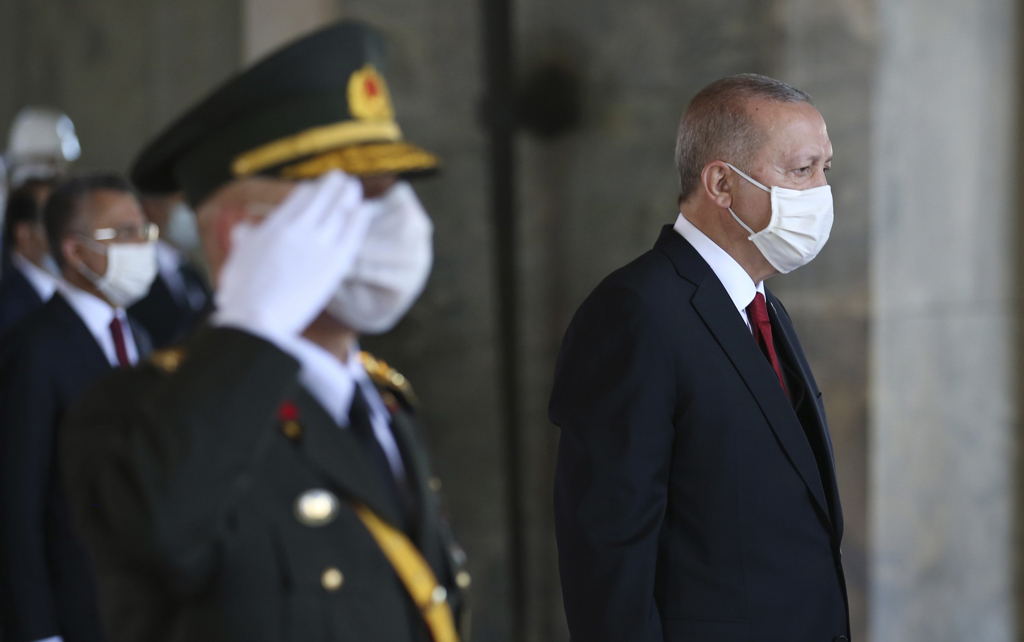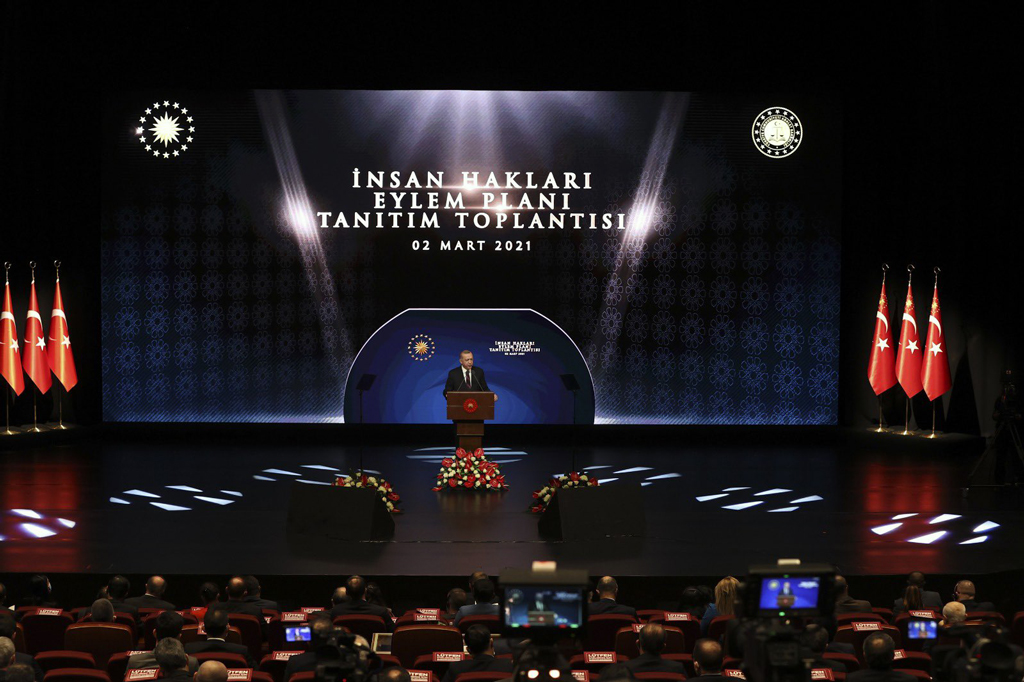Freedom of Speech | Freedom of Expression
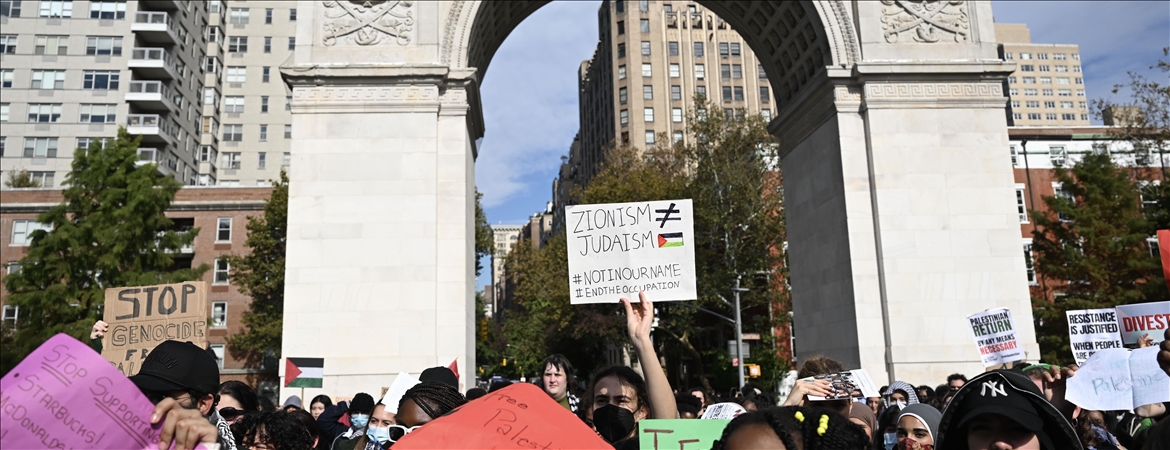
Freedom of speech and the antisemitism debate in American universities
| OpinionIn a recent congressional hearing at the House of Representatives, the presidents of three of …
-
Opinion
Freedom of speech and the antisemitism debate in American universities
By Kadir ÜstünWhile state universities in the American higher education system are obliged to adhere to constitutional provisions, private universities, like Harvard and MIT, aren't directly bound by the First Amendment, which safeguards freedom of speech. Private institutions can establish their rules and regulations, often attempting to extend freedom of expression in the name of academic freedom. However, they have, in the past, canceled programs and events deemed provocative or likely to incite disturbances, fostering a perception that such restrictions disproportionately favor conservative groups. Even on liberal campuses like Columbia, limitations and even bans on pro-Palestinian demonstrations have been observed.
-
Opinion
Western attacks on Islam will backfire
By Muhittin AtamanWestern countries, including politicians, business circles, academia and media, have been insistently and deliberately otherizing and alienating Islam and Muslims for the last three decades. Immediately after the collapse of the Soviet Union, the end of the Cold War and the elimination of the communist threat, influential Western circles began to consider Islam and Muslims the main threat to the Western-dominated world hegemony.
-
Opinion
Quran burning amid Qurban Bayram and Erdoğan’s message to the West
By Burhanettin DuranSweden made headlines in Türkiye again this week by permitting yet another Quran burning under police protection on the first day of Qurban Bayram, also known as Eid al-Adha. That heinous act took place near a mosque in Stockholm, as had another burning in January, and had absolutely nothing to do with freedom of expression. Quite the contrary, it was a hate crime targeting Muslims and an obvious act of provocation.
Bu Konuda Daha Fazla
-
What Goes Wrong With Sweden’s “Limitless” Freedom of Expression?
By Yücel AcerHow Rasmus Paludan could burn the Holy Qur’an as the Swedish police simply watched.
-
Sweden allows insulting Islam and Muslims
By Muhittin Ataman'It is unfortunate to see how European governments, directly or indirectly, pave the way for the ultranationalist and xenophobic circles to dominate European politics'
-
Kemalist fears and Turkey’s global challenges
By Burhanettin Duranveryone responded to the coup-tinted declaration of 104 retired admirals the way I predicted on the state broadcaster TRT’s weekly current affairs show the following morning.
-
How admirals’ declaration undermines Turkish democracy
By Burhanettin DuranThe democratic reaction to the coup-implied declaration by 104 retired admirals is crashing down like an avalanche. Writing the declaration in refined language does not eliminate the message.
-
Legal experts hail Turkey’s human rights action plan
By Cem Duran UzunPlan announced by President Recep Tayyip Erdogan will launch new era in Turkey
